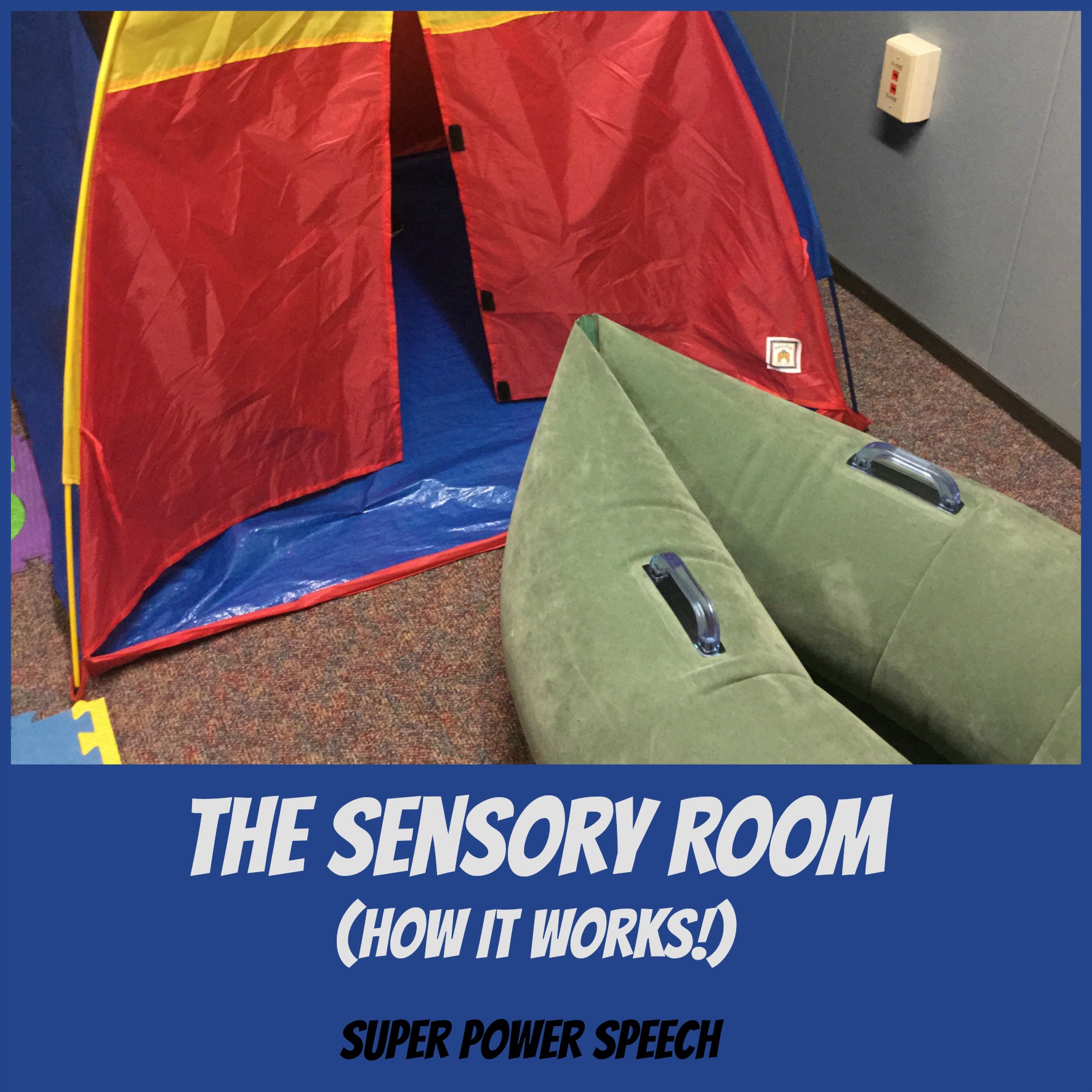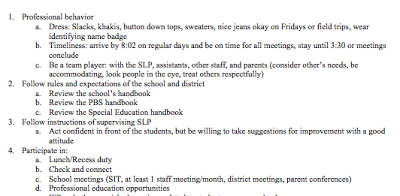Tongue-Tie
No, not the way that most of us feel in a public speaking venue. Or the way you can’t talk in front of your first crush. By tongue-tied, I mean ankyloglossia, or an extremely short and tight tissue (frenulum) connecting the tongue to the floor of the mouth.
In infants, tongue-tie can significantly impact suckling. A child with ankyloglossia may cause pain to the mother while nursing. Frenulums that are taut enough to impede nursing, however, are very rare. Caroline Bowen lists other possible symptoms of tongue-tie including: oral health, appearance, eating, and speech.
The effects of tongue-tie on speech have been over-generalized. Most people with ankyloglossia (including Professor X) have no speech difficulties at all. Some doctors recommend a frenectomy (surgical cutting of the tight frenulum connecting the tongue to the floor of the mouth) when parents express concern about their child’s speech. This procedure, however, has been found by many to be relatively ineffective in helping articulation. Many parents are surprised that their child’s speech difficulties do not quickly resolve after a frenectomy. Two sounds in particular that may be improved through this procedure are the /l/ and /th/ sounds. If the child can produce these sounds (at the correct developmental age levels of 5 and 7), then a frenectomy is likely to have little to no impact.
For more information, consult these articles from the Children’s Specialists of San Diego, Caroline Bowen, and The American Speech and Hearing Association.
My personal opinions on the surgical procedure for speech? Although I am no expert on this subject, and do not work in a medical facility, I have yet to see the procedure make a positive impact on speech, although it may have positive effects on other areas (such as feeding and oral hygiene). Most speech difficulties are unrelated to the tightness of the frenulum and can be corrected through speech therapy more effectively than surgery. Many frenectomies are done under general anesthesia and have all the risks of surgery. I found a you-tube video to demonstrate the surgery to those contemplating the procedure on an older child (warning, not for the faint of heart).
If your doctor or dentist recommends the procedure because of speech difficulties, make sure to get a second opinion from a Speech-Language Pathologist. We are, after all, the speech experts!







Oh my goodness, thanks for this info! I was shocked to hear that my MIL had this done for my dh when he was a child and talked about it as if it were no biggy. But we’re talking SURGERY here! And for what? No research based improvement in speech? And in my opinion, there should be a MAJOR need for it to be done. Why is it that the medical profession seems to apply things so broadly that should be for only a specific few?
I’m glad to have this info the next time she suggests that I should look into this procedure for my 2.5 yo (speech therapy is working for him, thankfully!).
Andrea
I have never heard of this, thanks for the info!
I have only recently heard about this when a friend of mine took her ds in for the procedure. She felt very positive about it, which is a good thing.
As for your question, you can find lemon oil in the cleaning section at places like Wal-mart or even grocery stores. It is by the furniture polish.
I didn’t know that.
One more thing I did not know.
My husband had his cut when he was a small child, but not because of speech. He spoke fine.
Sounds like very good advice.